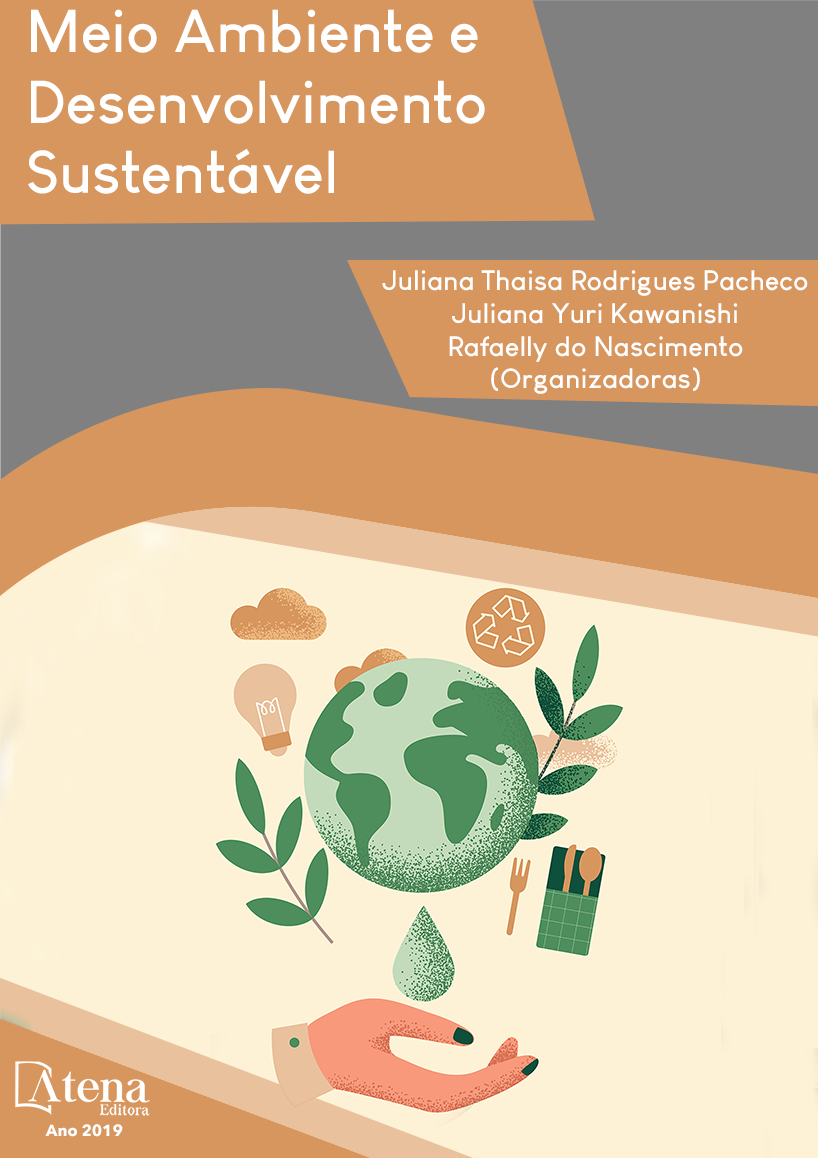
A PROBLEMÁTICA DO DESCARTE IRREGULAR DE RESÍDUOS DA CONSTRUÇÃO CIVIL POR PEQUENOS GERADORES NO MUNICÍPIO DE LONDRINA/PR
Atualmente os resíduos sólidos
urbanos (RSU) constituem um grande passivo
ambiental e a garantia da gestão adequada
destes é um desafio para a administração
pública. Considerando esta demanda e o fato
que grande parcela dos RSU é constituída pelos
resíduos da construção civil (RCC), o objetivo
deste trabalho foi realizar um diagnóstico
quantitativo e qualitativo da atual situação da
gestão dos RCC no município de Londrina, a
fim de embasar possíveis soluções viáveis para
tal realidade. Em parceria com o município
de Londrina, realizou-se um levantamento de
pontos de acumulo irregular de RCC. Para este
trabalho foi escolhida uma área com elevado
volume de resíduo acumulado e situada em
área de preservação permanente no Bairro
São Lourenço. Para mapear a percepção dos
moradores do entorno quanto à problemática
dos resíduos foi aplicado um questionário
investigativo, além de métodos de amostragem
e classificação de resíduos de acordo com a
ABNT 10.004/2004 e CONAMA Nº 307/2002 e
Nº 448/2012. Após esta avaliação, percebeuse
a heterogeneidade tanto dos resíduos
amostrados quanto da comunidade do
entorno da área. Entre os principais impactos
percebidos pelos moradores destacaram-se a
queima diária dos resíduos, bem como a fumaça
proveniente desta. Já no que diz respeito ao
levantamento quantitativo, 94% dos resíduos
foram considerados recicláveis, índice que
aponta para a viabilidade de implementação de
mecanismo mais adequado de gestão destes,
principalmente pelo poder público, de forma
a investir em políticas paliativas ao descarte
irregular a fim de prevenir que estes aconteçam.
A PROBLEMÁTICA DO DESCARTE IRREGULAR DE RESÍDUOS DA CONSTRUÇÃO CIVIL POR PEQUENOS GERADORES NO MUNICÍPIO DE LONDRINA/PR
-
DOI: 10.22533/at.ed.54319111128
-
Palavras-chave: Resíduos. Construção Civil. Descarte irregular.
-
Keywords: Waste. Construction. Uneven disposal.
-
Abstract:
Urban solid waste (MSW) is
currently a major environmental liability and
ensuring its proper management is a challenge for public administration. Considering
this demand and the fact that a large portion of MSW is constituted by construction
waste (CCR), the objective of this paper was to make a quantitative and qualitative
diagnosis of the current situation of CCR management in Londrina, in order to
support possible viable solutions to such a reality. In partnership with the municipality
of Londrina, a survey of irregular CCR accumulation spots was carried out. For this
work was chosen an area with high volume of accumulated waste and located in a
permanent preservation area in the São Lourenço neighborhood. In order to map the
perception of the surrounding residents regarding the problem of waste, an investigative
questionnaire was administered, as well as methods of sampling and classification of
waste according to ABNT 10.004/2004 and CONAMA No. 307/2002 and CONAMA Nº.
448/2012. After this evaluation, the heterogeneity of both the sampled residues and the
community surrounding the area was observed. Among the main impacts perceived
by residents were the daily burning of the waste, as well as the smoke that came from
it. Regarding the quantitative survey, 94% of the waste was considered recyclable, an
index that points to the feasibility of implementing a more appropriate mechanism for its
management, especially by the public authorities, in order to invest in palliative policies
to prevent irregular waste disposal from happening.
-
Número de páginas: 23
- Sueli Tavares de Melo Souza
- Eliene Moraes (in memoriam)
- Isabela Cristine de Araujo


